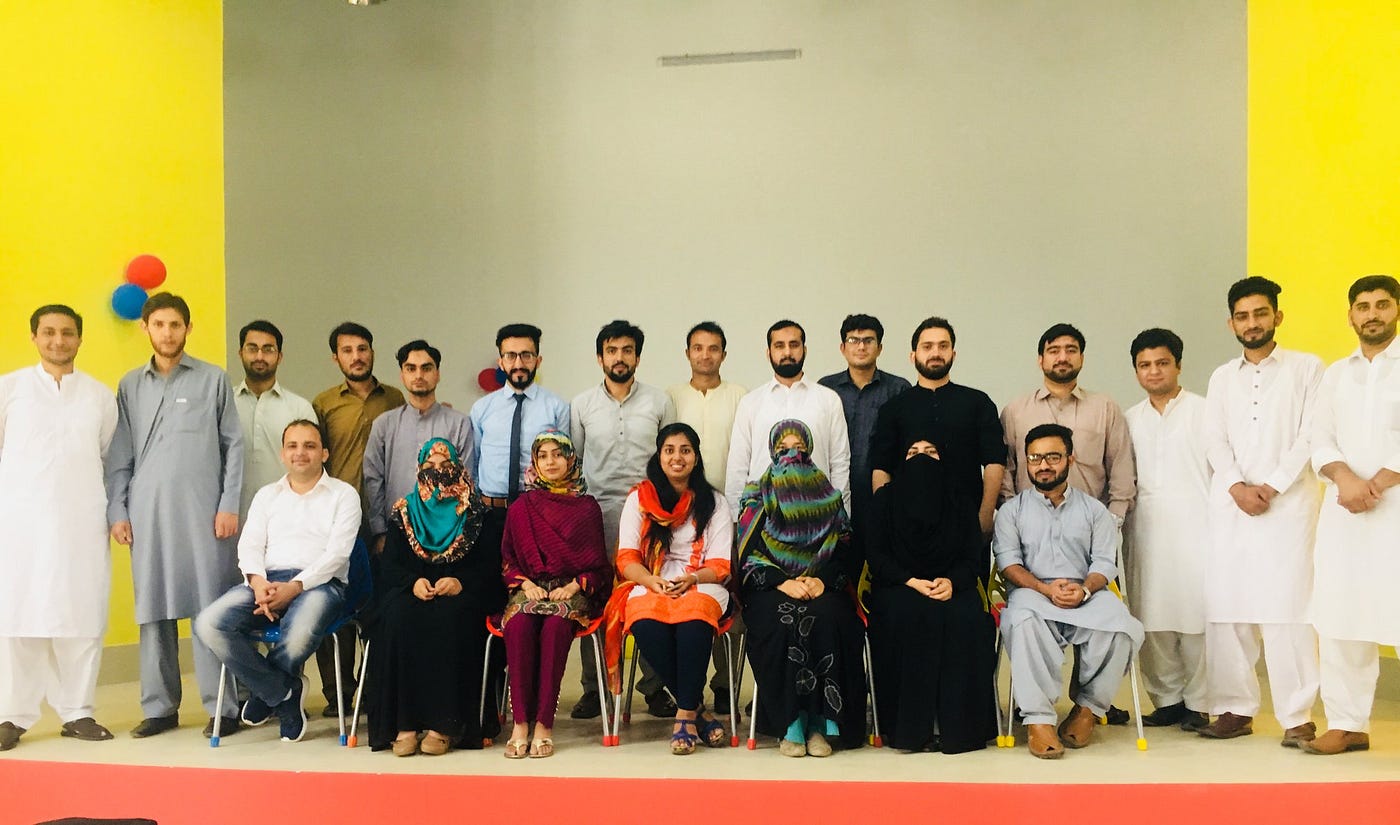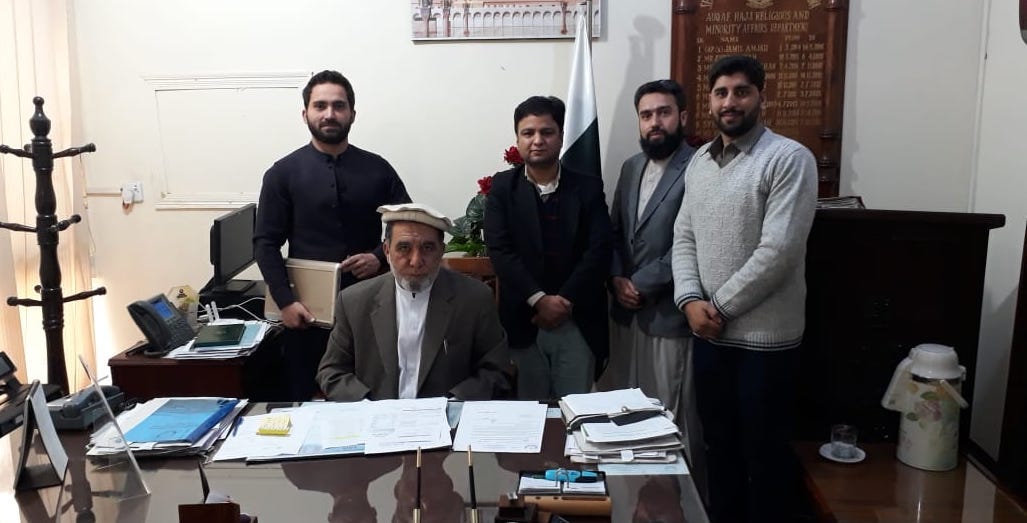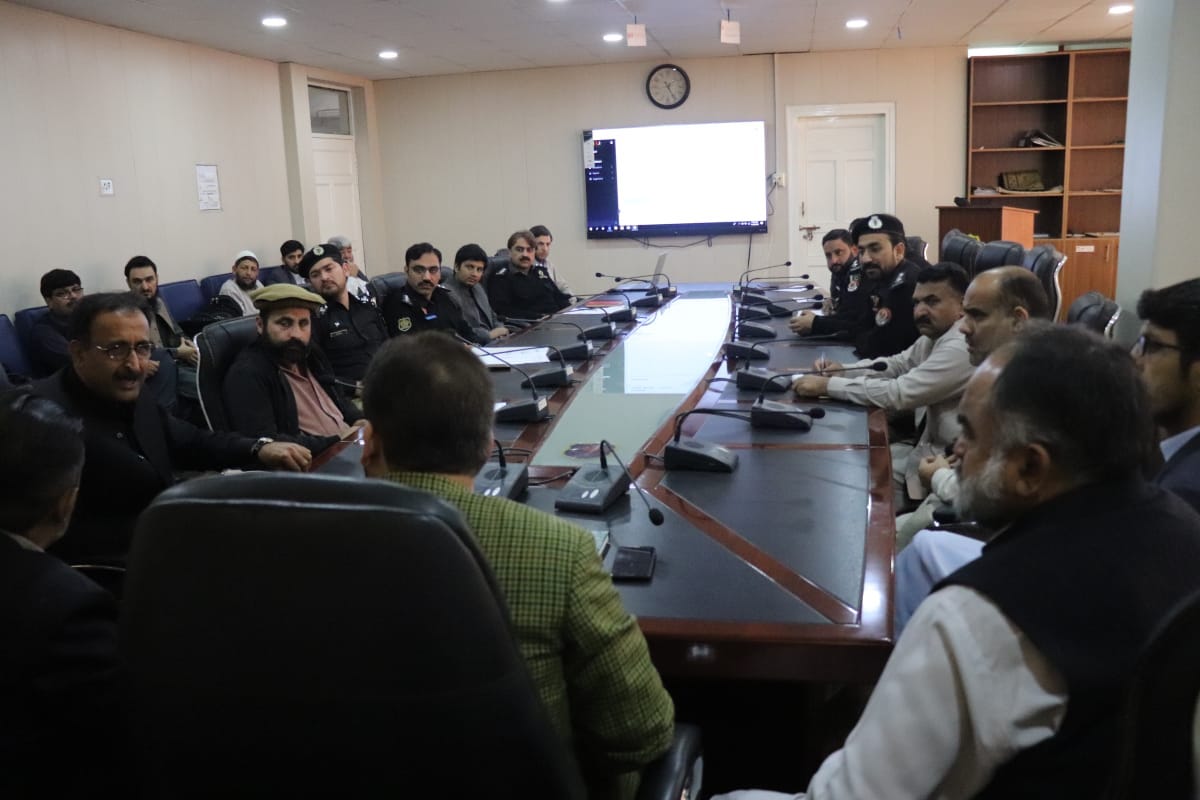
In this century, innovation is synonymous with technology as that is where the most rapid and effective advancements are happening. In the current circumstances, governments cannot forgo technology for solving citizens’ problems in an innovative way. Over the past few years, Pakistan has jumped the bandwagon for digital innovation in systems of government. For this purpose, government offices across the country are trying to digitize their systems.
Federal and provincial IT Boards are making tremendous contributions to this cause, particularly in the domain of civic innovation. KPK IT Board in collaboration with Code for Pakistan and The World Bank Group launched its fourth cycle of the KP Government Innovation Fellowship Program 2018, bringing together 20 talented Fellows to collaborate with 8 different government departments to innovate in public service delivery.

In the six-months cycle, twenty Fellows worked on several amazing projects in collaboration with the government departments to solve their problems and to make citizens interaction with the government simpler and painless. Previous cycles of the KP Government Innovation Fellowship Program have helped polish the skills of the fresh graduates, allowing them to glean the knowledge of experts, especially the mentors who are generally industry experts brought on board by KPK IT Board and Code for Pakistan.
The Fellows are all praise about the mentors.
Anmol Irfan, Graphic Designer by profession and Fellow 2018, worked with two government departments “Excise and Taxation” and “Auqaf, Hajj, Religious and Minority Affairs”. Anmol says working for government is fun. She especially loved the mentorship provided during the Fellowship to help devise effective solutions — for instance, she worked on a grants disbursement system which allows minorities to apply for grants from wherever they are in just 15 minutes. Previously, the same process would take up to 24 hours and cost $40 in transportation costs. The Fellowship is an excellent way to build an effective relationship with the government not only as technical experts but also as citizens of Pakistan.
Muneeb and Naqeeb also worked as developers with Auqaf, Hajj, Religious & Minority Affairs. Naqeeb says:
“I worked on a project which deals with the grant and funds management system of minorities on behalf of Auqaf, Hajj, Religious & Minority Affairs. I was so happy to work on it. As a result of the project and the transparency it brought into the grants management system, the department is able to ensure there is no discrimination against any minority and they get equal opportunities. One aspect of this project is the satisfaction brought by working for humanity without any discrimination.”

This statement of Naqeeb sums up the mission of Code for Pakistan. To be able to bring the emerging talent of Pakistan and help them solve common problems in an unusual way without any discrimination on the basis of creed, cast or gender.
There has also been significant representation of female Fellows in all Fellowship cycles. Although women representation in STEM education worldwide is on the lower side as compared to men, the KP Government Innovation Fellowship Program brings in talented females in each cycle.
Ulfat Ayaz while working elsewhere in the private sector in Pakistan found it to be a difficult environment for women but she found this Fellowship to be devoid of any sort of discrimination against female Fellows. She is of the view that it is the most conducive environment to work in.
Zeenat Bibi working as an Android Developer says about mentors and mentorship:
“They are important; they show us the right way to deal with the projects. They keep on giving input when you are distracted and also let you know about the latest trends.”
Shahzaib already had experience working with KPK IT Board as an internee. During the Fellowship, he developed three applications for the Excise and Taxation Department which dealt with user facilitation and warehouse management of seized vehicles by the department.

He is now working on another application of KPK Police Department in collaboration with Code for Pakistan called “Shuhada-e-Police” to provide a responsive platform for any complaints and facilitations for the family of martyrs. He says that he also got an opportunity to serve the users with an application regarding the detection of the nearest police station and highlighting illegal activities.
Bilal Sabir, a Mobile App Developer and Fellow is working with Traffic Police Complaint Cell called “Raabta” as well as “Clean KP” — an application of the Local Government Department, helping people to maintain cleanliness in Khyber Pakhtunkhwa. He says that the Fellowship has improved him personally as well and has been a booster in his life by building his confidence. It has taught him how to extract problems from different government departments, and then taking them on as a challenge to work upon for the entire 6 months.
Irfan, another brilliant Fellow says that he feels that there is strong communication in the Fellowship environment, it supports teamwork and enhances problem solving techniques. He has been working for Khyber Pakhtunkhwa Revenue Authority (KPRA) to implement the Invoice Management System.
The Fellowship cycle has come to an official end but for the Fellows it has been an experience that will last a lifetime, forging strong connections with the best of technical and personal skills.
Future Fellowship Cycles — Commitments
Each Fellowship cycle is a new learning experience, not only for the Fellows but for Code for Pakistan, KPK IT Board and World Bank. These institutions are trying to make each cycle a better experience by building on the lessons from the previous cycles. The upcoming fifth cycle promises to facilitate the creation of even more innovative and meaningful solutions.
Working for the government has created a relationship of trust and helped the government departments realize that there can be simple solutions to complex problems of everyday life. Waqar, another current Fellow seals the above statement with the following words,
“I was working as a full-time freelancer before joining the KP Fellowship Program. Though I was earning well I was missing a professional environment. Working here has been awesome. Every single day, I learnt new things from my mentors and Fellows. Working hand in hand with Government has been a great experience. In general, through this Program, I am now a part of a team who is committed to bringing positive change in civic life using technology.”